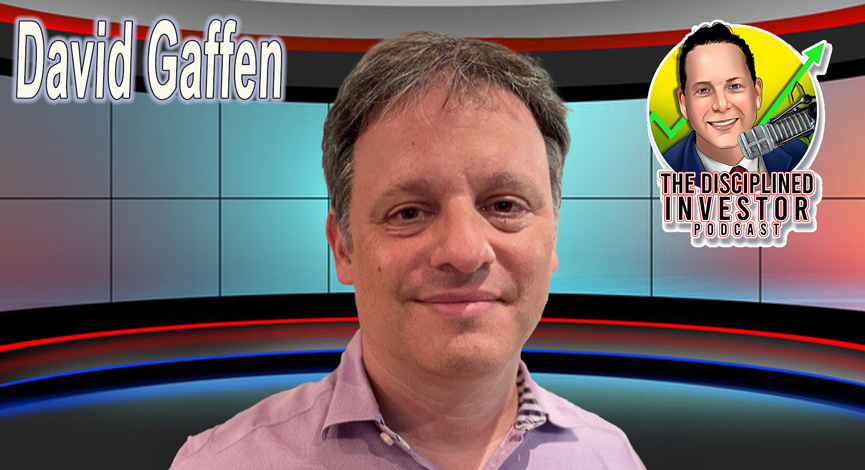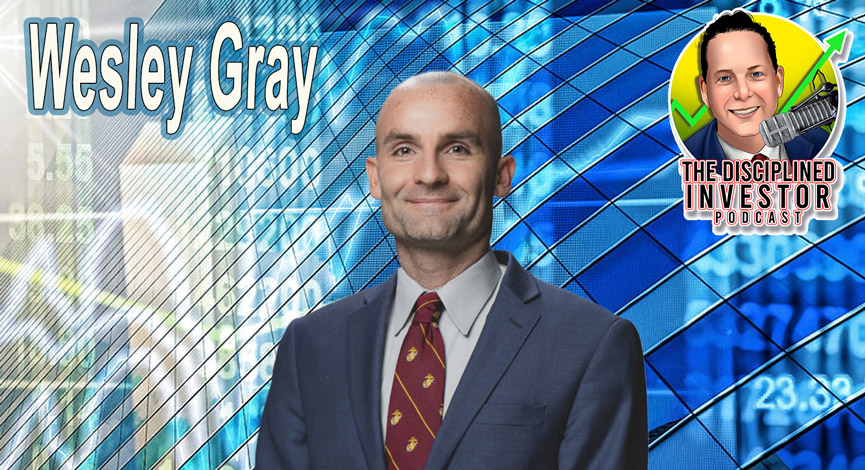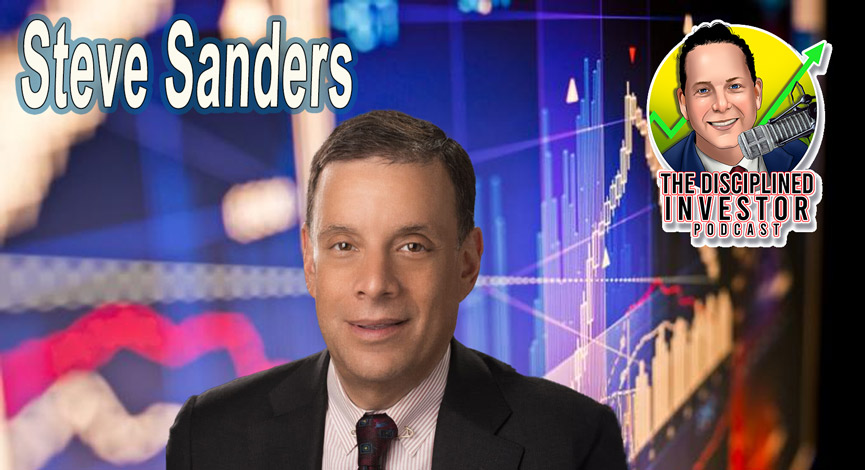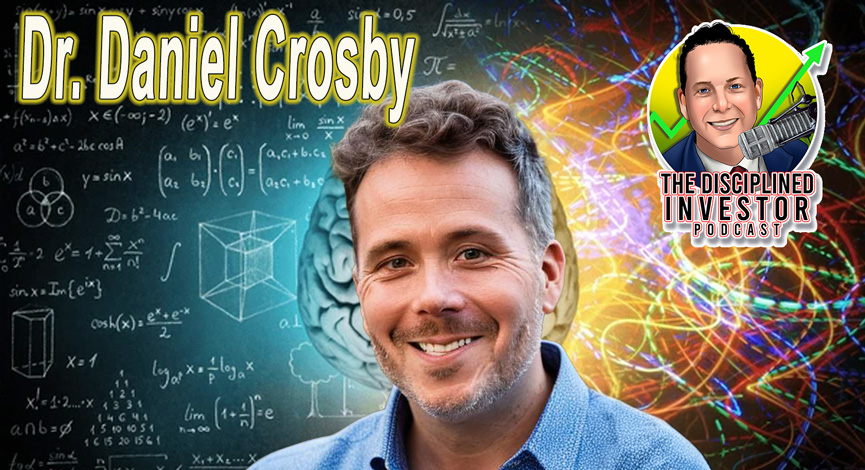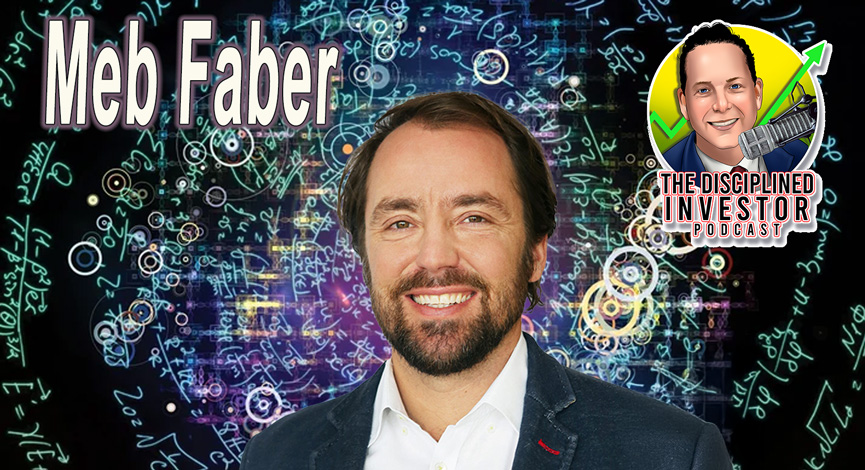This has been an ongoing problem we are seeing with CEOs. We call it the Carrot Syndrome.
As an example, we read that Hewlett Packard (HPQ) is once again doing the same thing they did last last year and at that time there was NO visibility about the future.
These days it seems as if all that has to be done is to tell investors that all is going to be well in the future. No matter how bad things are, hang the carrot out there and say something like: While this quarter we saw weak demand, the future looks bright. If that doesn’t work, just add something like this: …And we are seeing a big pickup up in Asian demand as we make inroads to China’s market.
Each quarter, do the same thing over and over and eventually it should become a reality. Until then, we will invest on the promise of a better day when revenue growth once again becomes important and expense cutting is not the only way to enhance EPS.
To understand these subtleties, look for comments, phrases and words like:
- Stabilize
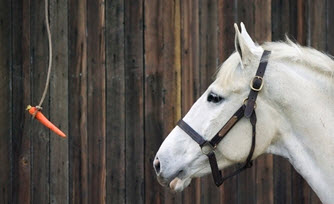
- Well positioned to weather…
- Exposure to China increasing
- Cost Cutting
- Beginning to see signs of
- Things are picking up
- Seasonality changes
- Less Worse
- Better than when it fell off cliff
- Year over Year we are seeing some….
- It feels like a turning point
- We are seeing people starting to….
- New Normal
You get the picture.
From the WSJ.com:
Hewlett-Packard Co. Chief Executive Mark Hurd said his company was poised to grow faster than the overall technology market amid signs spending on several critical H-P products was beginning to pick up.
“We feel in the end, we’re pretty well positioned to go out in the marketplace and win,” Mr. Hurd said during a presentation at the Palo Alto, Calif., company’s financial analyst day. “H-P’s best days are ahead of it, not behind it.”
CEOMark Hurd, said H-P’s performance would be driven in large part by the overall tech market, which is showing signs of life.
Mr. Hurd added that H-P’s performance would be driven in large part by the overall tech market, which is starting to show some signs of life, and that the company would grow more quickly than the market “if in fact that growth presents itself.”
Hewlett-Packard, the world’s largest computer maker, said Thursday that revenue in the fiscal year starting Nov. 1 would likely total between $117 billion and $118 billion. Analysts, on average, were expecting earnings of $4.25 a share on revenue of $118.04 billion, according to a poll by Thomson Reuters.
The company also said earnings per share would likely be between $3.60 and $3.70.
H-P, like other high-tech companies, has succumbed to a recession that has crimped consumer and business spending on electronics. The firm has used cost cutting and the acquisition of services arm EDS to offset falling revenues. Still, the company reported a 19% drop in profit in its fiscal third quarter as sharply lower sales weighed on its performance.
Mr. Hurd’s comments come amid recent developments suggesting sales of computers and servers, which constitute about 44% of H-P’s revenue, are beginning to stabilize.
On Wednesday, market-research firm Gartner Inc. said it expects personal-computer shipments to drop 2% from 2008. That is better than the 6% contraction it had previously seen.
Also this week, Intel Corp. Chief Executive Paul Otellini said he expected PC unit sales for the year will end their declines and be “flat to slightly” up.
As to servers, which are giant computers used in business IT infrastructure, IDC, another data tracker, has forecast server sales will stabilize in the second half of the year as businesses start to upgrade aging equipment. In the second quarter, IDC reported world-wide server revenue fell 30% to $9.8 billion.
Disclosure: Horowitz & Company clients DO NOT hold shares long or short of stocks mentioned as of the publish date


